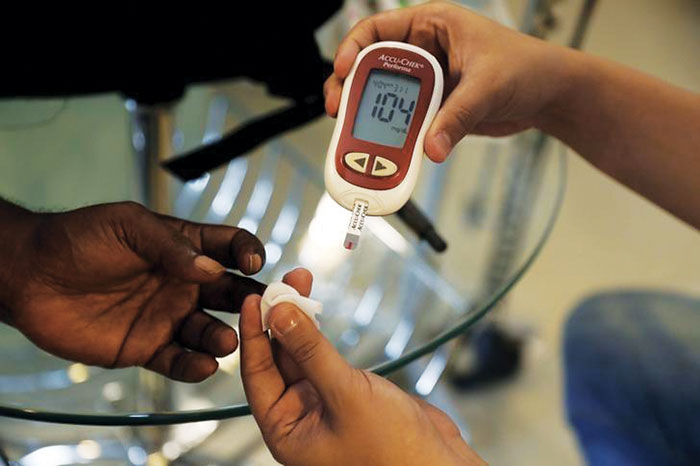
People who are worried about losing their jobs may be more likely to be diagnosed with diabetes, according to a new analysis.
Compared to people who felt secure in their jobs, people who were experiencing so-called job insecurity had a 19 percent higher rate of new cases of diabetes, which researchers called a “modest increased risk.”
The study can’t prove that job insecurity causes diabetes. Still, said lead author Jane Ferrie, “In an ideal world, the sort of thing I’d like to see come out of this study is a reduction in job insecurity and an increase in secure job contracts and reasonable wages.”
About one in 10 adults have diabetes, according to the World Health Organization. Most have type 2 diabetes, which occurs when the body can’t make or process enough of the hormone insulin.
For the new analysis, Ferrie, of the University of Bristol and University College London in the U.K., and colleagues compiled data from 19 studies involving a total of 140,825 adults in the U.S., Australia and Europe who were employed and diabetes free when they enrolled in the studies.
When the researchers restricted their analysis to the 15 studies with data on factors other than age and sex that might influence a person’s risk, job insecurity was still tied to a 12 percent higher risk of being diagnosed with diabetes.
The new analysis fills a gap, Ferrie and colleagues suggest. Job insecurity has already been linked with higher body mass index (BMI), a measure of weight in relation to height. Past studies also found that people experiencing job insecurity had an increased risk of heart attacks and deaths related to heart problems.
A high BMI is one risk factor for diabetes, which in turn is a risk factor for heart disease.






Leave a Reply